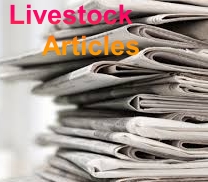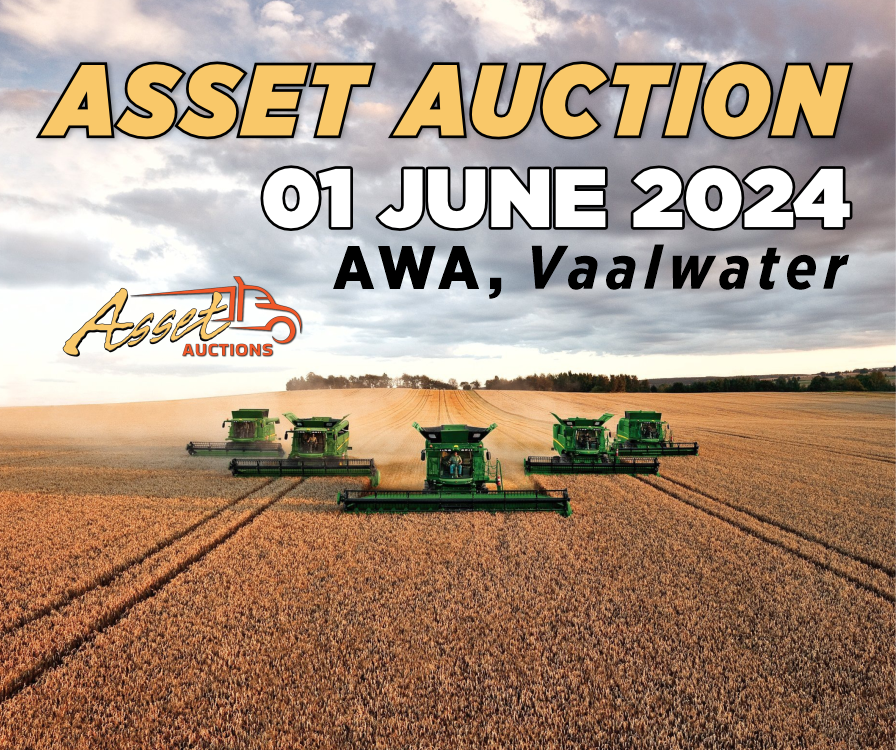Feeding Food Waste to Pigs
Pig Farming in South Africa
What is Swill?
Feeding of acorns on its own will not be enough to raise healthy pigs.
What exactly qualifies as swill? Swill is the traditional name for food scraps or food waste that contains or has come into contact with meat or meat products.
According to the Animal Disease Act (Act 35 of 1984), it is against the law for farmers to feed such waste, whether from their own kitchen, boats, restaurants, hospitals or hotels to pigs, unless the scraps have been boiled for at least an hour to destroy the pathogens. This also means that pigs should be kept away from garbage and dead animals.
Other By-products to Feed Pigs
If cheese is produced on a farm, whey can help to reduce pig feeding costs.
Other waste and by-products, such as surplus fruit and vegetables, crop residues, such as maize stalks, leaves and cobs, and factory waste, such as stale bread, dated dog cubes, spoilt milk, whey from cheese-making and brewery grain is allowed. When using these by-products, farmers should nevertheless be extra cautious to ensure the by-products have not been contaminated with dead animals and does not contain any harmful chemicals or toxins.
Feeding by-products alone will have a negative impact on an animal’s health and growth. According to the South African Pig Producers Organisation’s production manual, Pigs for Profit, pigs who only receive stale bread, will put on fat rather than meat and may suffer other health problems. The same applies to green feed, which should rather be seen as a vitamin mix than food.
Make sure that by-products from mills do not contain any contaminents or harmful products.
The best thing to do when deciding on what to feed your pigs, would be to speak to an animal nutritionist. The nutritionist will identify the nutritional value of the by-products you want to use and develop a balanced ration that will help to prevent nutritional shortages.
Pigs that do not receive a balanced ration tailored to their specific requirements, will become stressed, more vulnerable to diseases and grow slower.
Water Requirements of Pigs
Water is often a neglected topic when it comes to pig production, but it is actually one of the most important factors because of its role in the physiological functions of the body. For optimal health, clean cool drinking water should be available to all the pigs at all times, so they can drink as much water as they want, whenever they want it.
The water quality, climatic conditions and production stage should all be considered when considering the water requirements of pigs.
Water Quality
Nipple drinkers help to reduce water wastage.
Water quality should preferably be tested annually, so corrective measures can be taken if necessary. The source of water often determines the quality and suitability of the water for pigs, be it dam, municipal or borehole water. The following should be analysed:
The bacterial count: Chlorine treatment is recommended if the bacterial count is high. Remember that dirty water lines and drinkers may exacerbate bacterial problems, so it is important to regularly flush and clean drinkers and water lines.
Acidity: Water pH levels should range between 5 and 8. Anything above or below this, may affect water intake and be potentially harmful. Water that is too acidic (below 5), may also cause corrosion and damage pipes and water lines, whereas water that is too saline may leave scaly deposits that obstruct pipelines and drinker, requiring more frequent flushing of lines.
Hardness: Calcium and magnesium are the predominant minerals that can make water “hard”. A water softener may be used to soften the water.
High nitrates, sulphates and other minerals: The pig diet should be adjusted to accommodate high levels of specific chemicals and minerals. Water might also have to be filtered or treated before it can be supplied to the pigs, which under some circumstances may render production unprofitable.
Volumes Required
Water should be clean enough to be suitable for human consumption.
The volumes of water needed daily depend on many factors, including climatic conditions, feedstuffs, the health and production stage of the pig as well as the type of drinkers used.
In extensive production conditions, a pig may need at least five to ten litres of water every day, whereas daily water needs may range from below 2 litres per pig per day for newly weaned pigs to more than 6 litres per pig per day for grow-finished pigs using nipple drinkers. Sows feeding young need to drink even more water to produce sufficient volumes of milk, with their water requirements ranging between 15 to 32 litres per day on a nipple drinking system, while the water requirements of gestating sows ranges from 12 to 15 litres per day.
Other Considerations
There should be enough space at the drinkers to prevent competition.
Water should be cool, otherwise the pigs will not drink it. So keep the water in a shaded area. Water containers should also be tied to a post or pole on the ground to prevent it from being turned over and should be cleaned regularly. The general idea is that the quality of the water should be suitable for human consumptions and that drinkers should be clean enough that the farmer will not hesitate to also drink from it.
Mud Baths
Wallowing in mud allows pigs to cool down.
Few farmers still provide their swine with mud pits, but it has been found to help with temperature regulation. It can apparently lower a pig’s temperature by about 2 degrees Celsius, making it even more efficient than sweating which is difficult for pigs as they do not have any sweat glands. Wallowing in mud also helps to keep parasites, such as ticks and lice in check, but should not be seen as a substitute for treatment when problems arise. In addition, wallowing in the mud is a natural animal behaviour, which some people see as a contributor to animal welfare.








